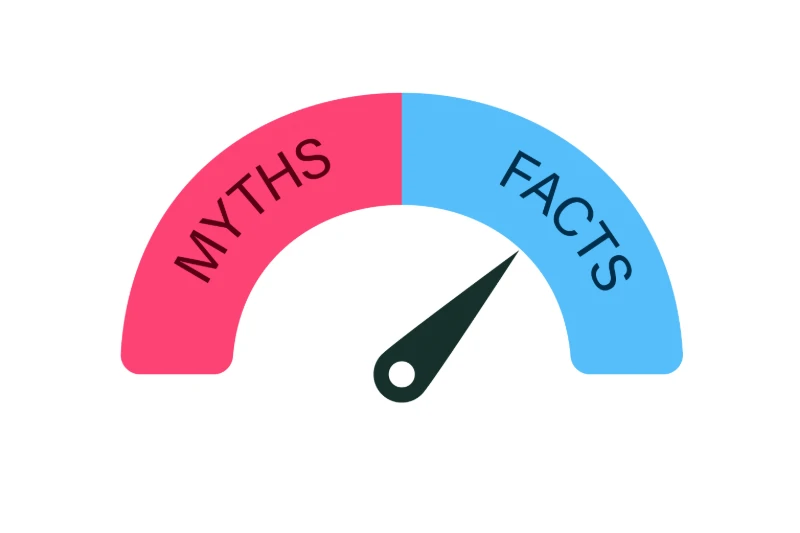When it comes to getting a mortgage, there’s no shortage of misinformation. Many homebuyers, especially…
Top 6 Common Mistakes to Avoid When Refinancing Your Home
Homeowners often make common mistakes during refinancing that can negatively impact their finances. To avoid these mistakes, you must educate yourself about the potential benefits of refinancing and the pitfalls to avoid.
1. Damaging your credit score
As you prepare to refinance, keeping your finances in order is essential. Sudden changes in your credit score, such as taking on too much debt or closing unused credit cards, can harm your credit. A higher credit score can lead to a lower interest rate. Therefore, avoiding taking on large debts or making other changes that could lower your score is essential.
2. Not seeking multiple opinions
When considering your refinance options, seeking a second opinion is best. Rates and fees can vary between lenders. Therefore, choosing a mortgage professional who can provide the best value for your refinance while being open and honest about helping you make the best decision for your unique situation is crucial.
3. Focusing too much on interest rates
While interest rates are essential to your refinance, they don’t tell the whole story. Suppose you focus too much on interest rates and try to time your refinance according to rates. In that case, you may miss out on a better opportunity. It’s essential to consider your refinance options’ overall benefits and value.
4. Not protecting your home’s value
Most refinances require an appraisal of your home. Therefore, it’s essential to protect your home’s value. Failing to maintain your home regularly, letting your yard become overgrown with weeds, or completing DIY renovations poorly can significantly harm your home’s value.
5. Neglecting “junk fees”
Before agreeing to pay any fees, reading the fine print is essential. Application and title fees are reasonable, but other “junk fees” such as “document preparation” or excessive charges for obtaining a credit score can be avoided. When seeking a second opinion, be watchful for any suspicious fees.
6. Withdrawing too much equity
While it may seem tempting to tap into your home’s equity for renovations, paying off credit card debt, or other expenses, taking out too much of your home’s equity is not prudent. Maintaining a cushion of equity is essential to protect yourself in case housing prices fall.
Researching and understanding how to have the best experience possible when refinancing your home is crucial. However, it’s also essential to seek advice from a trusted mortgage pro who can assess your unique situation and future goals and help you make the best decisions for yourself.





